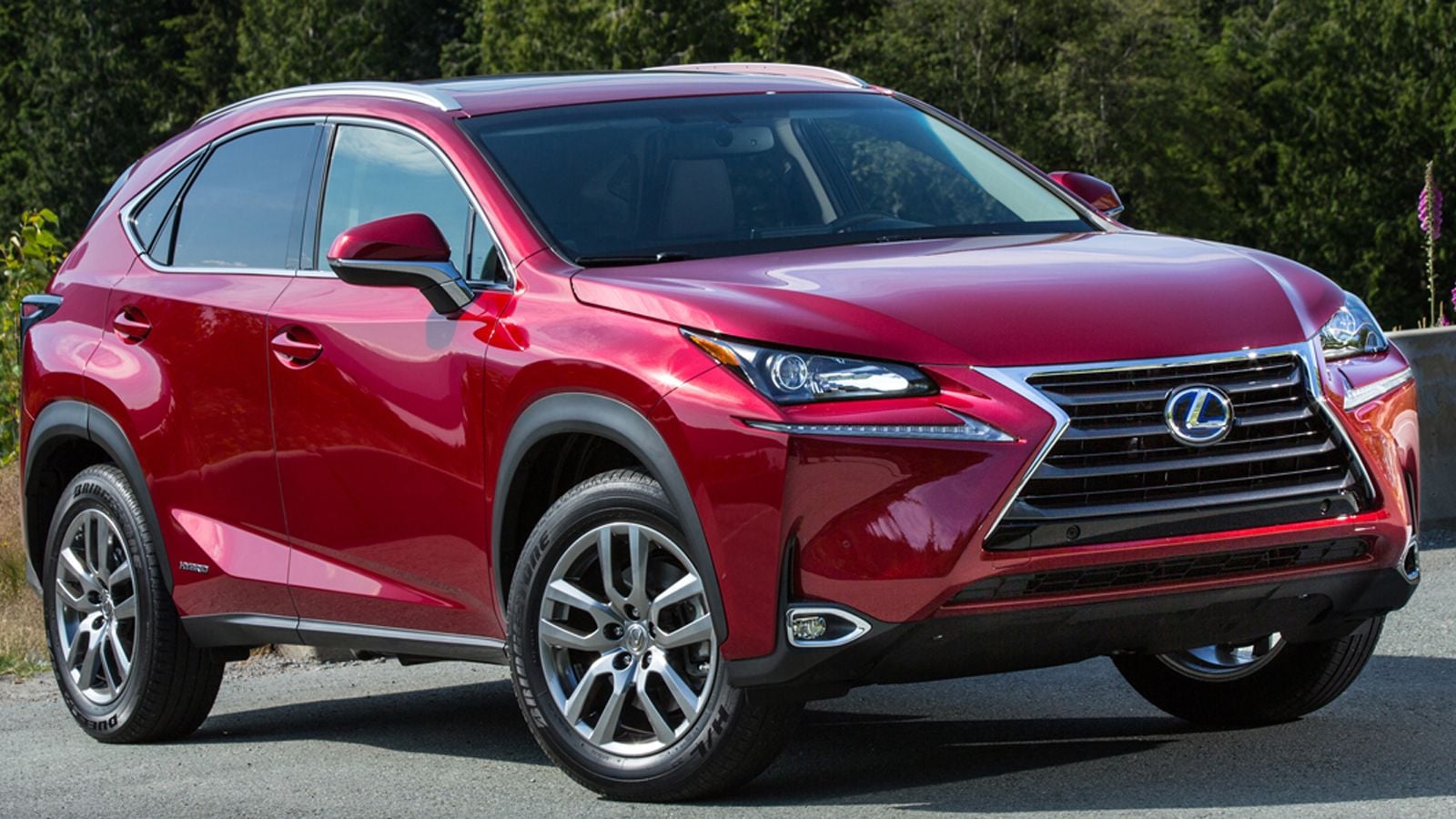Daily Slideshow: Dispelling the Myths about Hybrid Vehicles
Driving a hybrid may come with a negative stigma attached. We are here to dispel all those preconceived notions and myths.












1. Hybrid Technology Is New
Some people may think that driving a hybrid is akin to driving a self-propelled spaceship but this could not be further from the truth. A hybrid is a car that is powered by both a gasoline-powered engine and an electric motor. Both work in tandem with one another to give the maximum MPG at any moment. In most hybrids, during acceleration at low speeds, the battery is the only thing pushing the car forward. Once you step on it or need to overtake, the engine powers on giving you dual power from both motors.
This technology was brought to prominence by Toyota in 1997. Hybrid technology, as we see it now, has been on the streets for over 20 years. It's just taken a bit longer to get normalized and integrated into society.
>>Join the conversation about myths around hybrid cars right here in the ClubLexus Forum.
2. Hybrids Need To Be Charged
This myth is partly false. Plug-in hybrids can be charged and should be, but don't have to at all. Unlike fully electric cars (such as Teslas), hybrids use the gasoline engine to help charge the battery. That means, that the engine is constantly charging the batteries so that when the battery does die, the engine will eventually recharge them fully.
Some hybrids also use regenerative braking which automatically slows the car down when you lift off the accelerator. That alone charges the batteries just by coasting. If you live in a hilly area, such as Sam Francisco, downward coasting does wonders for battery regeneration.
>>Join the conversation about myths around hybrid cars right here in the ClubLexus Forum.
3. Hybrid Batteries Are Dangerous
There is a huge misconception that hybrids have explosive batteries or that there have been cases of hybrids exploding. First off, there is no proof that a hybrid is any more combustible than any other car on the road. Usually, the technology and onboard computers would detect a malfunction way before a problem would occur. The cars on the road that are most susceptible to exploding are the ones with the least amount of computers to detect such a problem. Think an old truck that hasn't been driven in months versus a hybrid which is regularly maintained: one has no stigma when it comes to malfunctioning and one is constantly pointed and laughed at for no reason.
People also have a problem with crash safety with hybrids. They are worried that the battery would leak or explode once there has been a serious impact. But again, manufacturers like Lexus have tested the cars over and over at excessive speeds and none have met a fiery demise.
>>Join the conversation about myths around hybrid cars right here in the ClubLexus Forum.
4. Hybrids Are More Expensive
All new cars are expensive. Compared to cars from just 10 years ago, the newest cars have increased in price exponentially. Once you take into consideration the technology, safety, and efficiency offered by current automobiles, the price seems justified. Same goes for hybrids. Sure, there is a premium over a normal model (Camry vs. Camry Hybrid) but that extra cash you spend at the dealership won't be used up at the gas station. Also, the government will give you a tax break for buying a green product so you're making that money back over time.
>>Join the conversation about myths around hybrid cars right here in the ClubLexus Forum.
5. Maintenance Is Too High
Hybrid cars are not any more difficult to maintain than normal internal combustion cars. The significantly larger batteries and the addition of electric motors add to the intricacy to a certain extent, but these new elements will not give you any extracurricular pain. In most cases, people who choose to buy hybrids tend to not drive very much or at least, are very environmentally conscious. That means, they aren't the ones burning rubber, speeding, or putting usual wear and tear on their cars. Service workers work more on performance cars because they tend to be driven harder for a shorter time whereas hybrids are driven steadily and at moderate speeds which leads to fewer problems down the road (no pun intended).
>>Join the conversation about myths around hybrid cars right here in the ClubLexus Forum.
6. Hybrids Don't Have An Impact
Many people think that hybrids are all hype. The fact is, they get significantly better gas mileage than most non-hybrid cars could ever hope to get. Side-by-side, a hybrid will outdo a diesel, EV, or even the most frugal gasoline engine available by a long shot.
A 2018 Toyota Camry will get 29 city and 41 highway mpg if driven perfectly. The same model but as a hybrid, gets 51 mpg in the city and 53 on the highway.
It is true, if you were to ditch your gasoline-powered car to then buy a more eco-friendly hybrid, that it would be bad for the environment--and you would be right. Anytime a new car is bought, the environment takes a hit: resources are used to assemble the vehicle, emissions are released during manufacturing, and then the car emits carbon once being driven. Fewer cars = better air. BUT if someone needed a new car badly and didn't already have a perfectly fine car before, then choosing to buy a hybrid is the right choice.
>>Join the conversation about myths around hybrid cars right here in the ClubLexus Forum.
For help with your maintenance and repair projects, please visit our how-to section in the forum.
